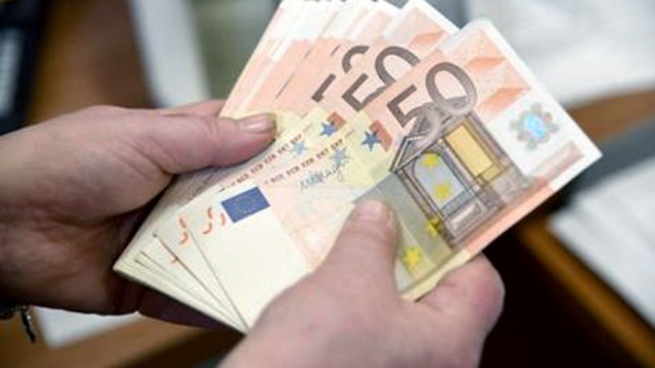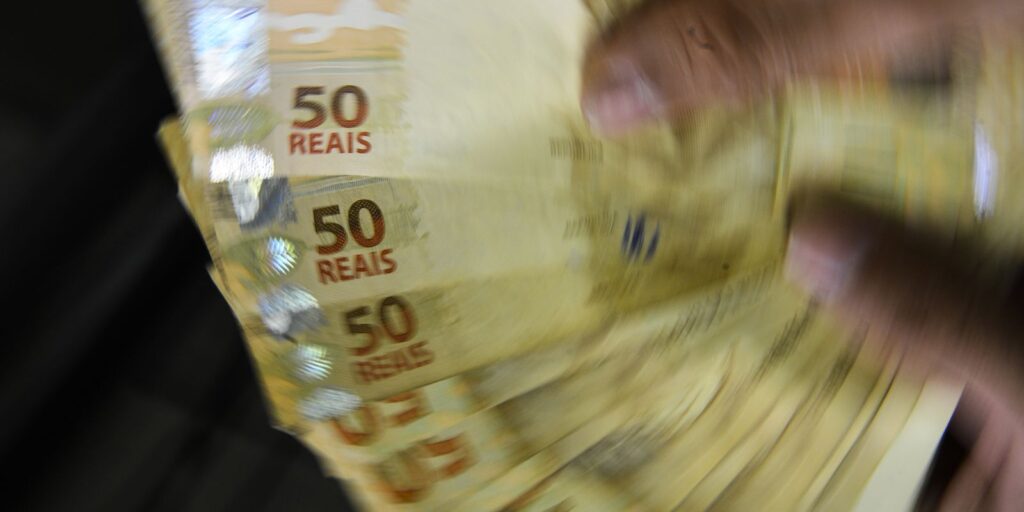The Consumer Price Index (CPI) in France continues to accelerate and reached 5.8% year-on-year this month, a level not seen since September 1985, the National Institute of Statistics and Economic Studies (Insee), headquartered in Paris, reported on Thursday.
After computing a 5.2% year-on-year in Maythe rise in inflation this month responds to a “acceleration in energy and food prices”underlined a statement from Insee when reporting the preliminary data.
In this sense, among the components of inflation food in general registered an annual rise of 5.7%, just one tenth below the general index although above the 4.3% in May, with fresh products rising by 6.2% (against 1.8% in May). However, despite the acceleration in food, energy leads the rises.
Although France was less exposed to the energy shock Due to its lower dependence on gas -and this explains why its inflation rate is below the average in the Eurozone and in neighboring countries such as Spain and Italy-, this component leads the index with an annual rise of 33.1%, surpassing in more than five points to 27.8% in May.
For its part, service prices remained at the same level as in May (3.2%), while the values of manufactured products began to show a slowdown, with 2.6% compared to 3% last month.
Meanwhile, the monthly index presented an inflation of 0.7%, the same figure as in the previous period; while if the inflation rate harmonized with European statistical criteria is taken into account, the index also set a record of 6.5% per year.
The inflationary shock hits France hard, a country that between 2017 and 2020 did not register annualized rates above 2.3%, and that, with the slowdown in activity during the coronavirus pandemic, had months where it touched 0%.
However, with the reopening of the economy and -subsequently- the war between Russia and Ukraine, inflation began an ascending curve that still had no brakeexceeding 2% in last September and 4% in March.
The numbers put further pressure on French President Emmanuel Macron, whose coalition lost a parliamentary majority in legislative elections this month and will force him to negotiate the laws with the left-wing Social Democrat and far-right opposition.
The phenomenon crosses all of Europe and the European Central Bank (ECB), which is preparing to raise its interest rates for the first time in more than a decade, indicated that “excessively high” inflation will continue “for some time yet”, according to the AFP news agency.
Germany and Spain also reported their inflation data for June this Thursday and the former showed a slight slowdown, registering 7.6% year-on-year against 7.9% in May, as a result of various measures, including a reduction in public transport fares and discounts on gas bills.
The fate of the Iberian country was not the same, whose index climbed to 10.2% year-on-year, its highest level in 37 years, and one and a half points above the previous month.


















